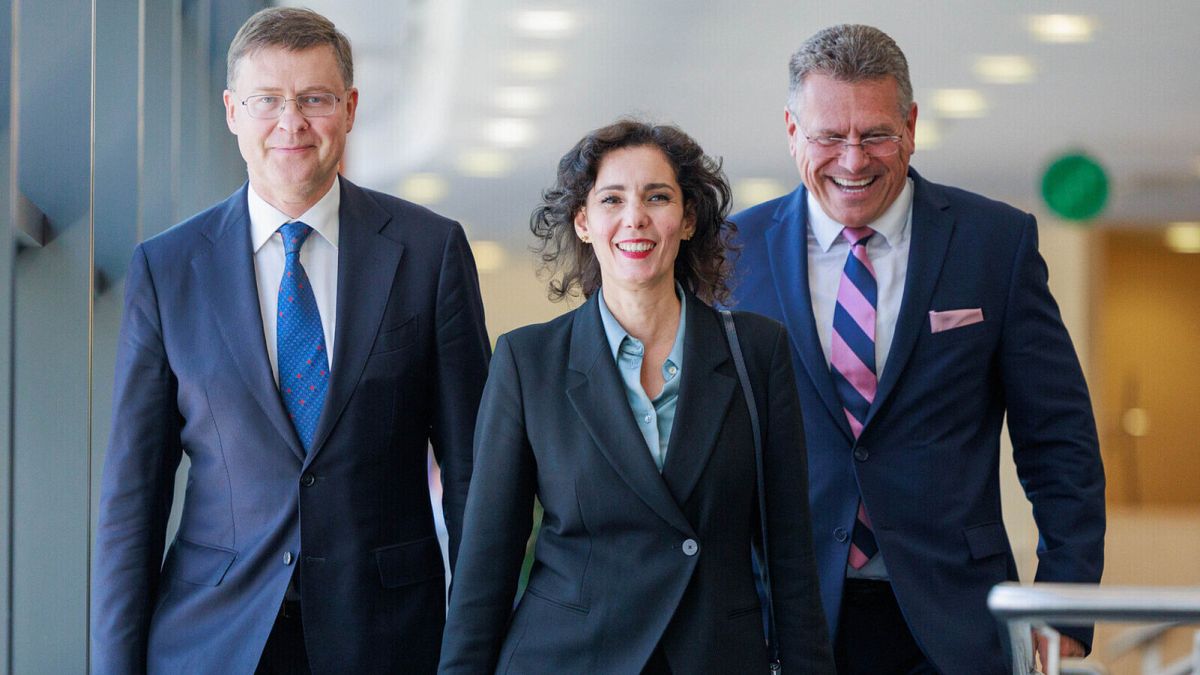The European Parliament is gearing up to hold the 26 European Commissioner nominees accountable as they navigate the process of filling out conflict of interest forms and preparing for public hearings. These nominees will have to disclose all financial assets and previous jobs that could potentially hinder their ability to perform their duties. The parliament’s legal affairs committee will be tasked with scrutinizing these declarations within a tight timeframe before candidates can move forward. In the past, discrepancies in declarations have led to nominees being replaced, highlighting the importance of accuracy in this step of the process.
Once the conflict of interest forms are approved, the nominees will face public questioning in parliamentary hearings. This will give democratically-elected MEPs the chance to assess the nominees’ experiences, competences, and dedication to their new roles. The structure for the next five-year term includes Commissioners with sweeping portfolios aimed at breaking down traditional barriers and creating a more interconnected structure. Additionally, candidates with more complex briefs may face questioning from multiple committees, adding another layer to the grilling process.
The decision on which committee will interrogate each candidate lies with the parliament’s political leaders, who consult with the committee chairs to determine the best fit. Before the hearings take place, candidates will submit written replies to questions posed by the committees. The hearings typically last three to four hours, with decisions on approving or rejecting a candidate needing a two-thirds majority within 24 hours of the hearing. While hearings are generally successful, the current political climate poses challenges with ultraconservative nominees facing tough scrutiny from centrist groups.
After all members of the college have been approved, Ursula von der Leyen is expected to formally present her team to the European Parliament’s plenary. The entire college will undergo a vote, requiring a majority for the full team to be appointed. However, with potential disruptions along the way, the vote could be delayed until the end of the year, leaving the nominees in a state of uncertainty. The urgency to get the new college of Commissioners up and running amid political polarization and Western support concerns further complicates the process, highlighting the importance of a thorough and efficient screening process.
In conclusion, the European Parliament’s rigorous screening process for Commissioner nominees involves multiple steps, including conflict of interest forms, legal screenings, and public hearings. The candidates must undergo thorough scrutiny to ensure transparency and accountability in their new roles. With the highly political and polarized climate in the European Parliament, the current process faces challenges in navigating politically motivated objections and ensuring a smooth and efficient transition to the new college of Commissioners. The stakes are high, and the outcome of the screening process will not only impact the new Commissioners but also set the tone for the next five years of European governance.











